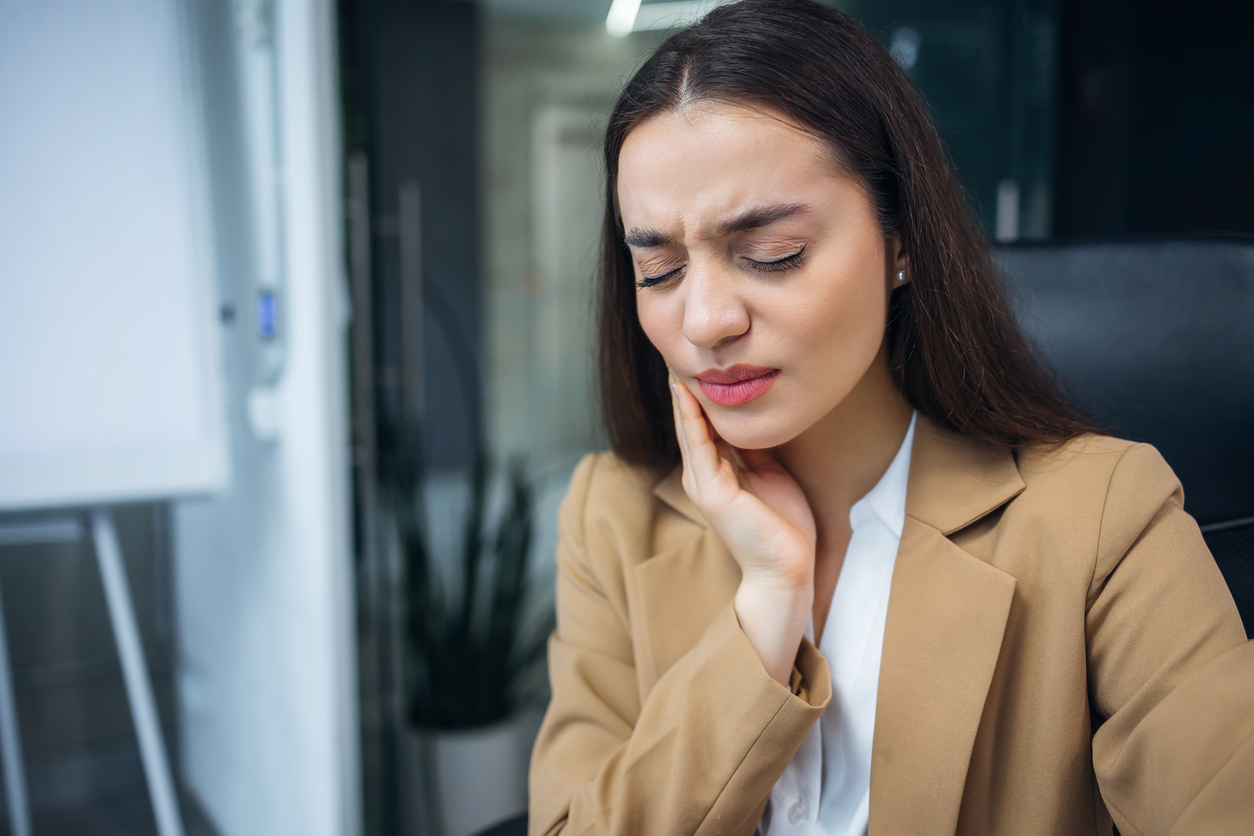Emergency dentistry helps patients who require immediate medical attention due to having experienced a trauma or acute infection in the mouth. In this article, we discuss what to do immediately after a dental emergency.
What to Do Immediately After a Dental Emergency?
The best thing you can do immediately after a dental emergency is to call the nearest dentistry that provides emergency services. Try getting to the dental office as soon as you can. Below, we talk about what you should do before you are able to see your doctor, depending on the type of trauma you are experiencing.
Knocked Out Tooth
If your tooth fell out from its socket, always pick it up and bring it to the emergency dental office. The main priority is to get medical attention as soon as possible—ideally, within the first 30 minutes, but no later than one hour after the accident. In some cases, your dentist will be able to place your knockout tooth back in its socket. This way, your tooth can survive, heal, and become stable again over time.
In this scenario, it is crucial to preserve your tooth and store it properly on your way to the dental office. In cases when the tooth is clean and intact, try putting it back into its socket and keep it there until you get to your doctor. Be careful not to swallow the tooth. Otherwise, store the tooth in a clean container filled with saliva or milk. There are over-the-counter kits available for preserving knocked-out teeth. You can briefly rinse the tooth with water if it is dirty. However, you should not store the knocked-out tooth in water.
Dislodged Tooth
A dislodged tooth means that it is partially knocked out of its socket and has become loose. Try not to disturb the tooth more on your way to the doctor. Most likely, they will be able to put it back in its proper position so that it can heal. You can take over-the-counter painkillers and apply a cold compress to the face to reduce pain and swelling.
Cracked or Chipped Tooth
Collect the pieces of your tooth that have become dislodged and bring them to the dental office. In some cases, your dentist will be able to bond them back to your tooth.
Soft Tissue Injury and Lacerations
If a trauma results in lacerations in and around the mouth (tongue, gums, chicks, and lips), rinse your mouth with lukewarm salt water to kill the bacteria. You can use a piece of sterile gauze and press it to the bleeding spot to help reduce the bleeding until you are able to see your doctor. A cold compress and painkillers can also be used to relieve pain and swelling.
A Strong Impact on the Face
If you have open wounds on your face, clean them with clean running water and mild soap. Contrary to common belief, hydrogen peroxide can damage the tissue even more, so wait for your doctor’s recommendations before using it.
If you do not have any visible signs of trauma, it is still recommended to see the doctor right away, as the trauma can be internal. Blood vessels and roots of your teeth can be damaged and lead to severe issues, including tooth loss.
To reduce swelling and bruising, keep a cold compress at the sight of impact on your way to the doctor.
Severe Toothache or a Dental Abscess
Both of these symptoms signify severe infection in the mouth. Oral infections can lead to tooth loss and harm your entire body. You should see your doctor immediately if you are experiencing these symptoms.
In the meantime, you can take over-the-counter painkillers to alleviate the pain. However, you should not apply any type of painkillers (for example, aspirin) directly to the gum or tooth, as it can burn the tissue. Be careful not to exceed the recommended dose of the painkiller.
Apply a cold compress to the face for 15 minutes with 30-minute breaks if your face swells. Also, rinse your mouth with a lukewarm salt water solution every couple of hours to help restrict the bacterial growth in the mouth.
Call Our Office in Case of a Dental Emergency
Our emergency dentist in Highland provides a wide range of services when you require immediate medical attention. Do not hesitate to contact the East Highland Dental office. We look forward to helping you restore your oral health.

